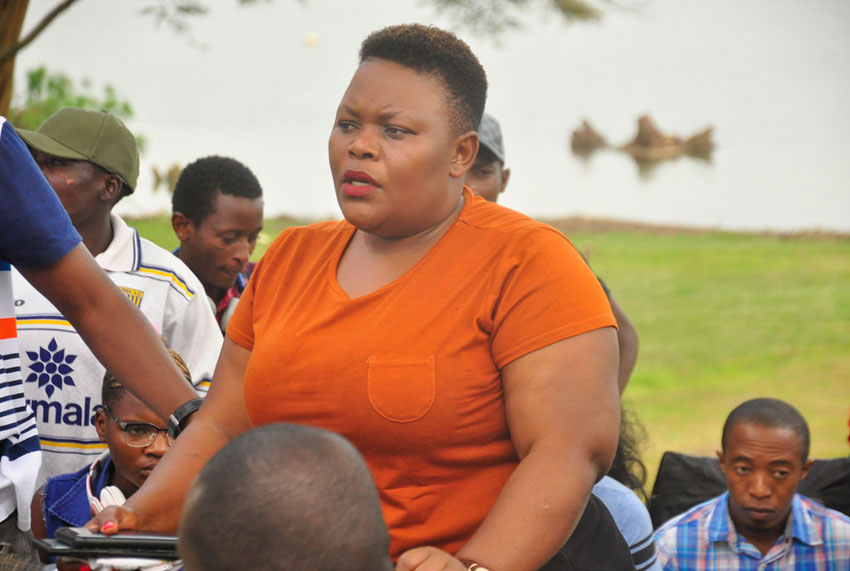By Prof. Anthony K. Mbonye
I have been amazed by the messages on how to prevent coronavirus. Most newspapers and media in Uganda have spurned messages portraying handwashing as a magic bullet for the anticipated corona virus infection.
Whereas handwashing is one of the interventions that can mitigate the spread of the coronavirus infection, it is not the only strategy.
Let me outline the transmission mechanisms, prevention, and treatment of known airborne diseases to illustrate my point.
*How are airborne diseases transmitted?*
Airborne diseases as the name implies are transmitted mainly by breathing. They are spread when an infected person coughs, sneezes, spits nasal and throat secretions into the air.
Certain viruses or bacteria hang in the air or land on other people or surfaces. When you breathe airborne disease organisms, they enter the body and stick to and infect the mucosa.
A person can also pick up the disease organisms when he or she touches an infected surface and then touches the eyes, nose or mouth. Because the disease organisms are mainly transmitted by air, they are hard to control. Thus, the rapid spread of coronavirus we are witnessing in the world today.
The international health regulations (IHR) do not recommend travel restrictions during epidemics/pandemics. That is why countries were reluctant to impose travel restrictions; and probably this is one of the causes of the rapid spread of the coronavirus. Isn’t it time now to review that regulation?
*Common types of airborne diseases:*
Common Cold, influenza, chicken pox, mumps, whooping cough, tuberculosis (TB), measles and diphtheria.
*How are airborne diseases best prevented?*
-Avoiding close contact with people who have active symptoms of the disease.
-Stay home when you are sick (self-quarantine).
-If you must be in public places, wear a face mask to prevent spreading or breathing in germs.
-Cover your mouth when coughing or sneezing.
-Frequently washing hands with an antiseptic agent.
*Treatment for common airborne diseases*
For most airborne diseases, one needs to have plenty of rest and fluids.
For some airborne diseases, there is no targeted treatment, although medications and other supportive care can help relieve symptoms. Some diseases such as the flu can be treated with antiviral drugs.
Treatment for infants with whooping cough can include antibiotics and hospitalisation is often needed.
There are drugs to treat and cure TB, although some strains of it are drug-resistant. Failure to complete the course of medicine can lead to drug resistance and return of symptoms.
As we take measures to prevent a possible outbreak of coronavirus (COVID-19) infection, I wish to advise Ugandans take on the above preventive interventions as well as hand- washing.
I also advise Ugandans to maintain the handwashing practice, especially after visiting toilets and before preparing or eating food.
This will help us to fight diseases like cholera, typhoid, dysentery, worm infections and other diseases spread through the nose and eyes associated with poor handwashing practices.
*The writer is a professor at the College of Health Sciences, Makerere University, Kampala, Uganda.*
Email: _akmbonye@musph.ac.ug_
Do you have a story in your community or an opinion to share with us: Email us at Submit an Article








